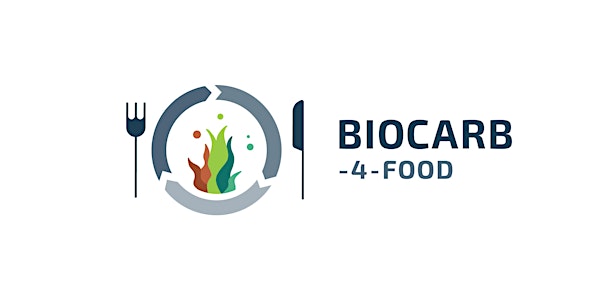
BIOCARB-4-FOOD FINAL CONFERENCE
The BIOCARB-4-FOOD Final Conference gives you an interesting project insight into the research work of algae based raw materials.
Date and time
Location
Online
About this event
We cordially invite you to our BIOCARB-4-FOOD FINAL Conference, where you will get an insight into the goals and main outcomes of this project and the challenges we foresee in the future.
About BIOCARB-4-FOOD
The ERA-NET SusFood2 project BIOCARB-4-FOOD aimed at exploring alternative extraction techniques (ultrasound, microwave, enzymes and their combinations), combined with the exploitation of the remaining biomass, rich in bioactive compounds, to sequentially obtain novel carbohydrate-based extracts and fibers (nanocellulose) from seaweeds and seagrasses. Characterization of structure, technological properties, toxicity and bioactivity of the fractions and a life cycle assessment (LCA) have been conducted for proving the sustainability of the procedures. The project was designed to contribute to improved process efficiency, development of ingredients with high added value from already commercialized seaweed species and from under-exploited sources (seagrasses) which can positively impact in the competitiveness of seaweed, food and non-food companies at EU scale by a better valorization of raw materials.
Background
Carbohydrates are the most important source of food energy. As well, carbohydrates are key ingredients for food formulations, serving as thickeners, stabilizers and gelling agents or providing functional attributes. Seaweeds and seagrasses are a valuable source of carbohydrates, in particular cell wall polysaccharides (for instance, phycocolloids and cellulose), and bioactive compounds such as polyphenols or carotenoids. Current industrial procedures used by European companies for phycocolloid extraction from seaweeds could be improved in terms of processing time, water and energy requirements. Furthermore, the remaining biomass (generally much more than 50% of the initial material) is used as compost or simply disposed as organic waste.
You can join the Conference with the following link:
https://uni-hohenheim.zoom.us/j/86391679875?pwd=UjZTQU9BNDROMUdVaFg5TWlLcFJsZz09